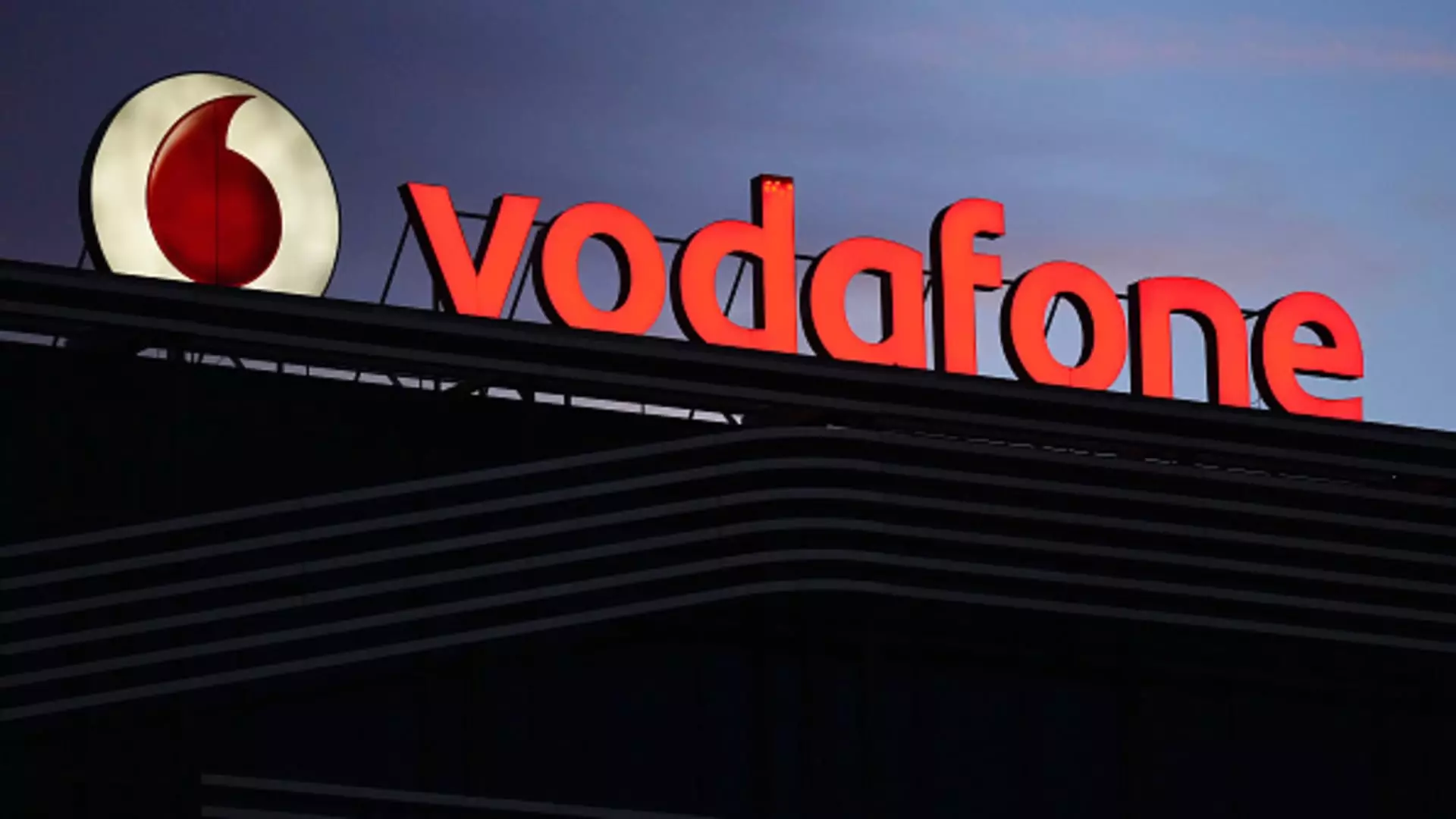The recent announcement from the U.K.’s Competition and Markets Authority regarding Vodafone’s proposed merger with rival CK Hutchison has stirred up quite a bit of controversy in the telecommunications industry. The regulatory body has expressed concerns about the potential impact of this merger on competition, consumer prices, and the overall environment for mobile virtual network operators. In this article, we will delve deeper into the implications of this deal and the arguments put forth by both sides.
The main issue flagged by the CMA in their announcement is the fear that the merger between Vodafone and CK Hutchison could lead to a significant reduction in competition in the mobile network market. This, in turn, could result in higher prices for consumers and a decline in the quality of service. Furthermore, the regulatory body has expressed worries about the impact of this deal on mobile virtual network operators, which play a crucial role in providing alternative services to consumers in the market.
By combining the operations of two major players in the U.K. telecommunications industry, Vodafone and CK Hutchison’s merger could potentially limit the options available to mobile customers. As noted by the CMA, Three is often considered to be the most affordable option among the top four mobile networks in the country. The merger could potentially reduce the competitive pressure on mobile operators to attract new customers, ultimately leading to a less favorable landscape for consumers.
The Concerns for Mobile Virtual Network Operators
The CMA has also raised concerns about the impact of the merger on mobile virtual network operators such as Sky Mobile, Lebara, and Lyca Mobile. These operators rely on agreements with existing telcos like Vodafone and Three to provide their services. The fear is that a merger between these two major players could make it more challenging for MVNOs to negotiate favorable deals for their customers, potentially limiting choices for consumers in the market.
In response to the CMA’s announcement, Vodafone and CK Hutchison have defended their proposed merger, emphasizing the potential benefits it could bring to the U.K. telecommunications industry. They argue that the deal would create a stronger player capable of competing with market leaders like EE and Virgin Media O2. Vodafone’s CEO, Ahmed Essam, believes that the combined entity would offer greater choice for MVNOs in the wholesale market and ultimately benefit customers and competition in the country.
Both Vodafone and CK Hutchison see this merger as an opportunity to drive investment and innovation in the U.K.’s mobile network infrastructure. They believe that by joining forces, they can create a more advanced network that will propel the country into the digital fast lane, delivering immediate benefits to customers. Three U.K.’s CEO, Robert Finnegan, has emphasized the need for a third major player in the market to break the existing structural constraints and drive progress.
The proposed merger between Vodafone and CK Hutchison has sparked a heated debate about the future of the U.K.’s telecommunications industry. While the regulatory concerns are valid, the potential benefits of this deal cannot be overlooked. It remains to be seen how this situation will unfold and what impact it will have on consumers, competition, and the overall landscape of the mobile network market.


Leave a Reply